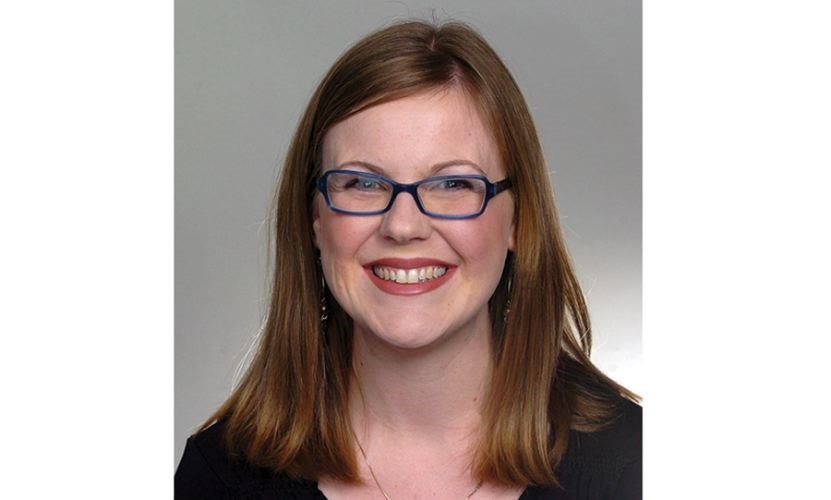I grew up and went to school in Prince George thinking that feminism was largely irrelevant to my everyday life. In high school, we would learn about how and when (white) women fought for and won the right to vote. By 1921, all Canadian white women were officially granted status as people under federal law with the rights and privileges "being a person" entails. We would discuss that women were really only granted the right to vote initially because most women at the time were in favour of both prohibition and the draft. We didn't really talk about when non-white women were granted the right to vote and it still shocks me when I remember that Asian women weren't "people" by the Government of Canada's definition until 1940 and Aboriginal women covered by the Indian Act weren't allowed to vote until 1960.
Let's sit with this for a moment. Any Aboriginal woman in Canada who is over the age of 55 and was covered by the terms of the Indian Act was alive when they were not considered to be "people" under Canadian law. There is a reason that the anniversary of an Aboriginal women's right vote is not widely celebrated in Canada from the non-aboriginal sector. This is extremely embarrassing. By what right does any government have to define a "person"?
I went to university at UNBC in September of 2000, still believing that feminism was important to history but not relevant any more. I had never felt discriminated against in any way for being a women or girl, and, based on my own inflated opinion of myself, I felt largely superior to most men that I knew. Slowly, I started to read more and study more and learned that it was okay to call myself a feminist and not hate men. The best definition of a feminist that I've heard was given to me by one of my old professors. A feminist is anyone who is against the institution of patriarchy. There are little benefits to either men or women within an established patriarchy and feminists are against patriarchy, ergo a feminist can be either a man or a woman (or a trans-gendered individual).
At university, as I learned more about the first and second waves of feminism, other women in my classes would raise their hands to comment: "I'm not a feminist, but,...." Their opening remarks would be followed a classic feminist statement. Even today, you can find anti-feminist memes on the internet by girls proudly proclaiming that they are "Not Feminists" because they are not less than men. I scroll through these memes sometimes just to enjoy the irony of them proudly proclaiming feminist statements with an anti-feminist hashtag. The best part about all of this, in my opinion, is that none of this would be possible a mere 55 year ago. Only 55 years ago were all women in Canada considered to be fully "people". The feminist movement in all of it's forms has afforded me the right to vote, to be educated, to write, to work, to raise my children, to have daycare, to stay at home, to have birth control, to marry a person of my choosing, to divorce if I wanted to, to not be beaten by my husband, to wear a bra, to not wear a bra, to wear pants, to not have to do all of the housework, to not have to do all of the cooking, to be able to choose a career path, and to be paid almost the same amount as men for the same work.
We still have some work to do but I'm proud to be a feminist, even if some people won't understand what it means. I'm happy to set them straight.



